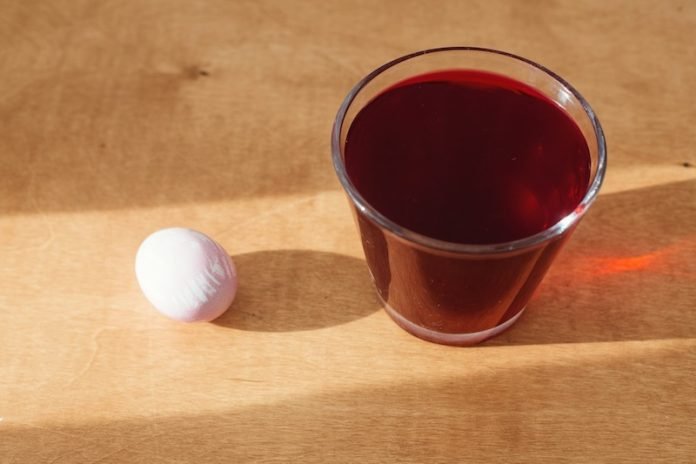
Beetroot juice might not be the first thing you think of when considering health drinks, but recent research shows it could be surprisingly beneficial for managing blood pressure.
Here’s a straightforward look at what the studies say about this vibrant drink and why it might be worth adding to your diet if you’re concerned about your blood pressure.
Beetroots, the root part of the beet plant, have been eaten for their health benefits and medicinal properties for centuries.
It’s only recently, however, that scientists have started to examine in detail how beetroot juice affects blood pressure.
The interest has grown because beetroots are naturally rich in nitrates, compounds that your body converts into nitric oxide. Nitric oxide helps to relax and dilate blood vessels, which can lead to lower blood pressure.
Several studies have highlighted the potential of beetroot juice as a natural way to help manage blood pressure.
For instance, a landmark study published in the Hypertension journal in 2008 found that drinking just 500 ml of beetroot juice led to a significant reduction in systolic and diastolic blood pressure over a 24-hour period.
The reduction was most pronounced three to six hours after drinking the juice, but the effects were still noticeable even 24 hours later.
Further research has supported these findings, showing that the blood pressure-lowering effects of beetroot juice can last for up to 24 hours after consumption.
This makes it an attractive option for people looking for natural ways to manage their blood pressure without relying solely on medication.
Moreover, another study suggested that the effects are stronger in raw beetroot juice compared to cooked beetroot, implying that the cooking process might reduce the availability of beneficial nitrates.
It’s important to note that while beetroot juice can help reduce blood pressure, it’s not a cure-all. For those with hypertension (high blood pressure), it should be considered part of a broader approach to health that includes a balanced diet, regular exercise, and, if necessary, medication prescribed by a healthcare provider.
Furthermore, beetroot juice is high in sugars, and it can be calorie-dense, so it should be consumed in moderation, particularly by those who are watching their weight or sugar intake.
Additionally, not everyone might enjoy the taste of beetroot juice, which is described as earthy and a bit sweet. Mixing it with other juices like apple or carrot can make it more palatable while still delivering health benefits.
Also, because beetroot juice is a potent colorant, it can temporarily turn urine and stools a reddish color, which is harmless but can be surprising if you’re not expecting it!
Despite these caveats, the potential health benefits of beetroot juice, especially regarding blood pressure control, are promising. It’s a simple, natural addition to a heart-healthy lifestyle.
As research continues, we might find more benefits of this interesting juice, but for now, its ability to help regulate blood pressure naturally is well-supported by science.
In summary, if you’re looking for a natural way to help manage your blood pressure, beetroot juice may be worth considering. Always discuss with your healthcare provider before starting any new treatment, especially if you have conditions that require monitored care.
With its rich color, unique taste, and powerful health benefits, beetroot juice is more than just a novelty—it’s a burgeoning part of nutritional science.
If you care about blood pressure, please read studies about unhealthy habits that could increase high blood pressure risk, and eating eggs in a healthy diet may reduce risks of diabetes, high blood pressure.
For more information about blood pressure, please see recent studies that early time-restricted eating could help improve blood pressure, and results showing 12 foods that lower blood pressure.
Copyright © 2024 Knowridge Science Report. All rights reserved.



